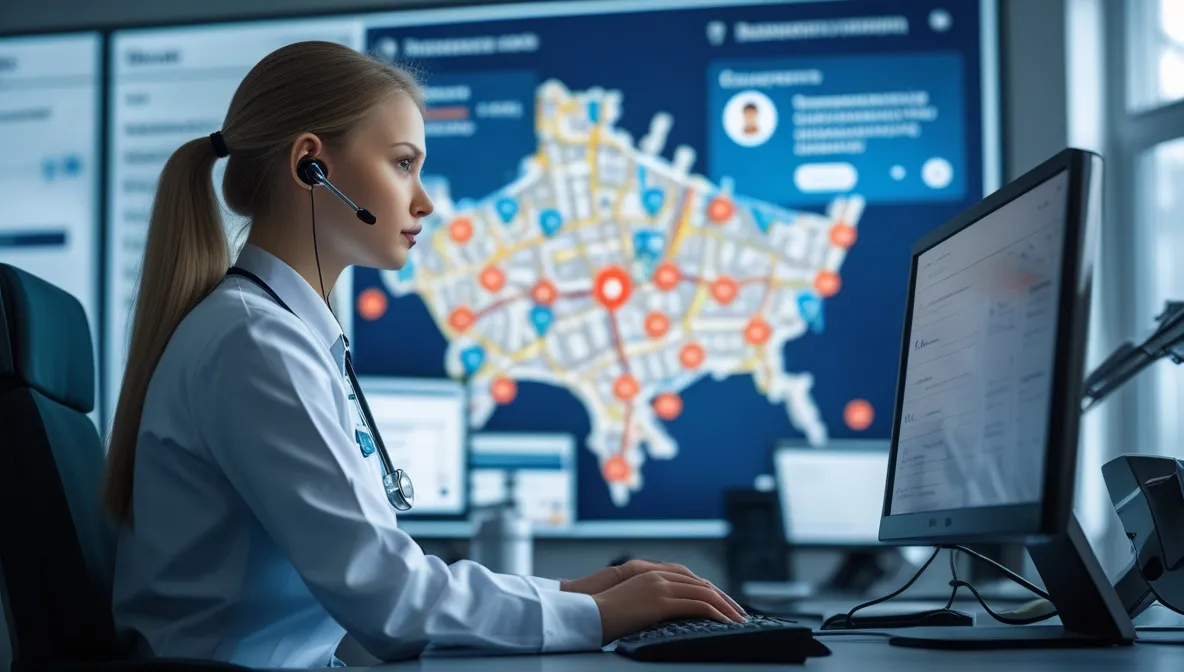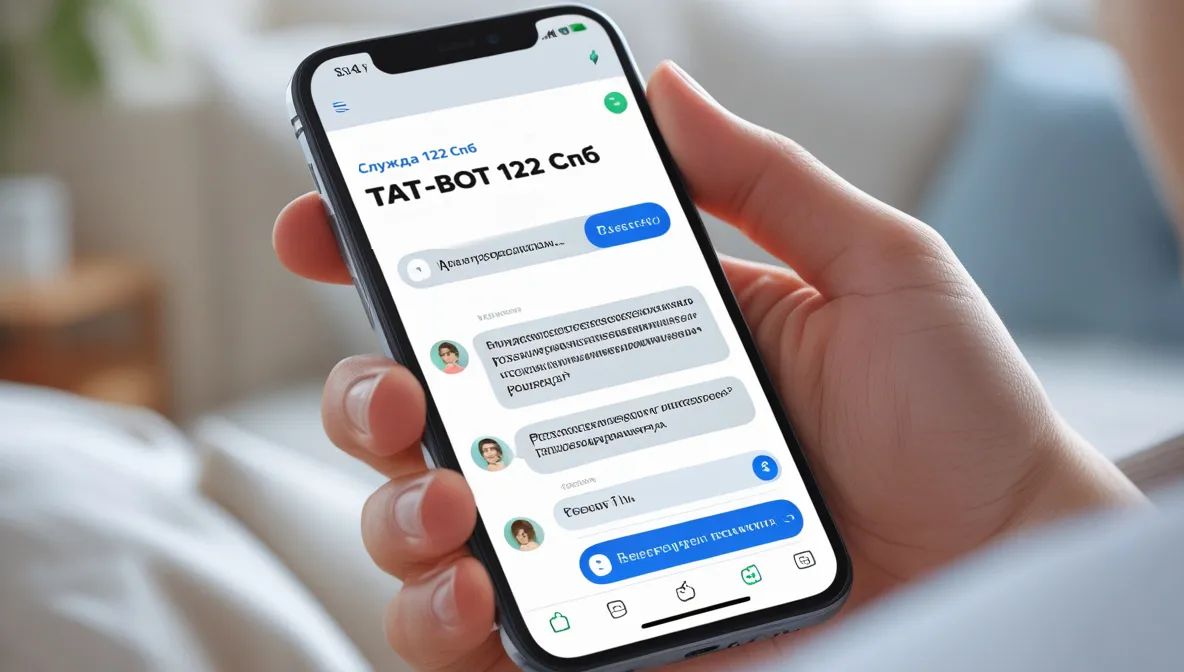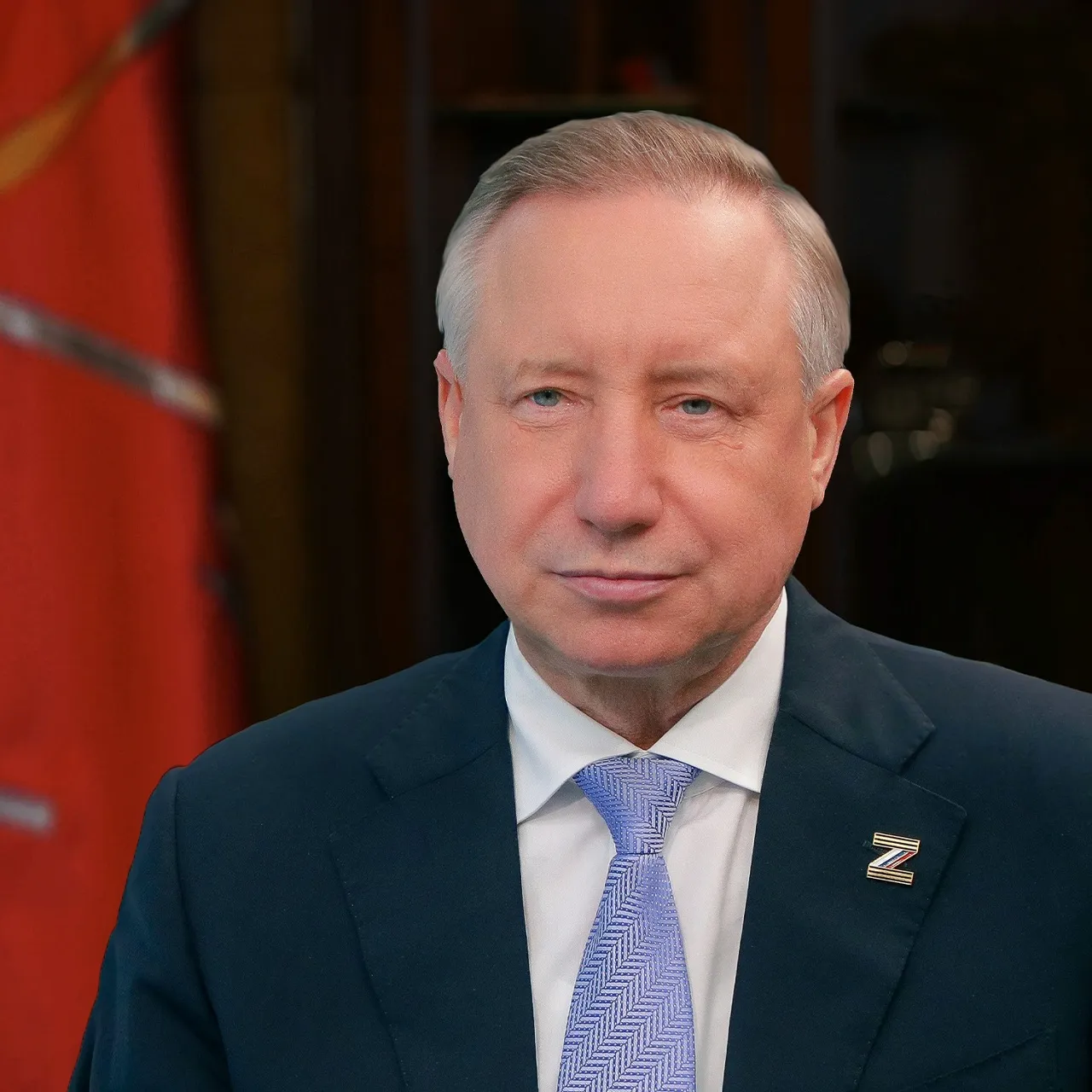No More Calls Needed: Russia Launches Doctor-on-Demand Service via MAX Messenger
St. Petersburg has become the first Russian city to launch a new chatbot inside the national MAX messenger, allowing users to request a doctor’s home visit and track application status without phone calls or waiting in queues. The service operates 24/7 and reflects the next step in Russia’s digital healthcare evolution.

A Service That Mirrors Real Demand
A new chatbot called 'Service 122 SPb' has been launched inside Russia’s MAX messenger, providing St. Petersburg residents with an easy, text-based way to call a doctor to their home or check the status of their request. This step highlights the growing maturity of Russia’s digital public services, which are moving from experimental pilots to fully integrated everyday tools. The decision to use a messenger platform addresses actual user behavior—many people, especially younger users, prefer messaging over phone conversations.
The new service does not replace existing channels; citizens can still call 122 or use the AI-powered voice assistant Victoria. Instead, it enhances accessibility by expanding communication options for different user groups.

Beyond Simple Communication
The MAX messenger is rapidly becoming a platform for essential public services. In addition to 'Service 122 SPb,' it already hosts official chatbots for 'State Services of St. Petersburg,' the city’s MFC (Multifunctional Centers), and emergency hotlines like '112' and '004.'
This expansion transforms MAX from a messaging app into a digital ecosystem that supports health, safety, and civic engagement. It also underscores the platform’s technical reliability and growing role in maintaining citizens’ wellbeing.
From Isolated Projects to Systemic Progress
St. Petersburg’s initiative fits into a national pattern that has been taking shape over the past five years. In the Moscow region, for instance, the 'Denis Digital Assistant' chatbot on Telegram has helped residents book doctor appointments and vaccinations since 2020, serving tens of thousands of users.
This steady digital evolution demonstrates that Russia’s healthcare modernization follows a structured roadmap: from online appointment systems to centralized call centers like 122, and now to chatbot automation. Automating routine tasks reduces operator workload, frees up staff for complex cases, and saves time for citizens—especially during high-demand periods.

Looking Ahead: From Doctor Calls to a Full Health Ecosystem
The chatbot is only the first iteration of a broader digital healthcare ecosystem. Future versions may integrate appointment scheduling with specialists, preventive care reminders, and even telemedicine consultations directly within the messenger interface.
The addition of AI features could enable preliminary triage, where the system analyzes symptoms, determines urgency, and automatically routes requests to the right department. Such advances would improve system efficiency, patient satisfaction, and emergency response. Equally important, because the MAX messenger, chatbot, and 122 platform are all locally developed, the initiative strengthens Russia’s technological independence and ensures stable digital infrastructure.

Digital Maturity Becomes the Norm
The launch of this healthcare chatbot highlights a deeper shift in Russia’s IT sector. It’s no longer about creating flashy pilot projects—it’s about systematically improving social infrastructure using technology.
The success of digital transformation is now measured by how effectively technology solves human problems. In this case, the goal is simple: helping people call a doctor more quickly and conveniently. This type of seamless public service represents a new level of coordination between government, technology, and citizens.










































